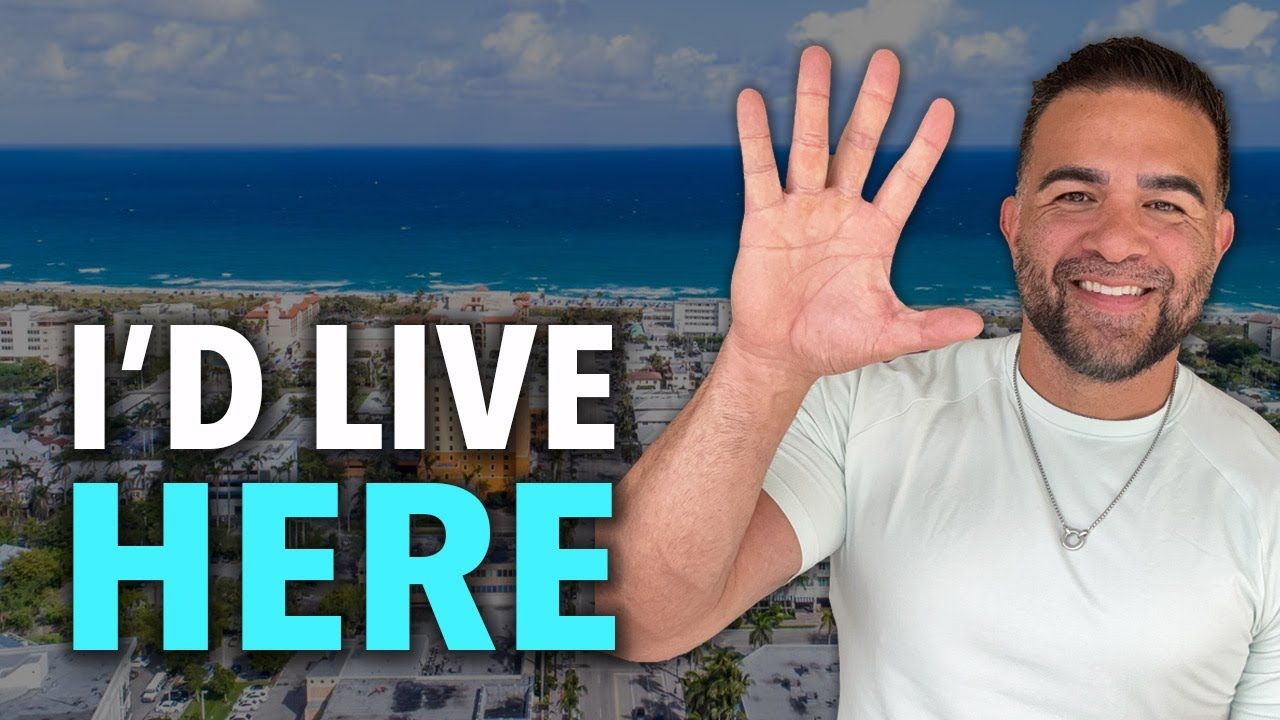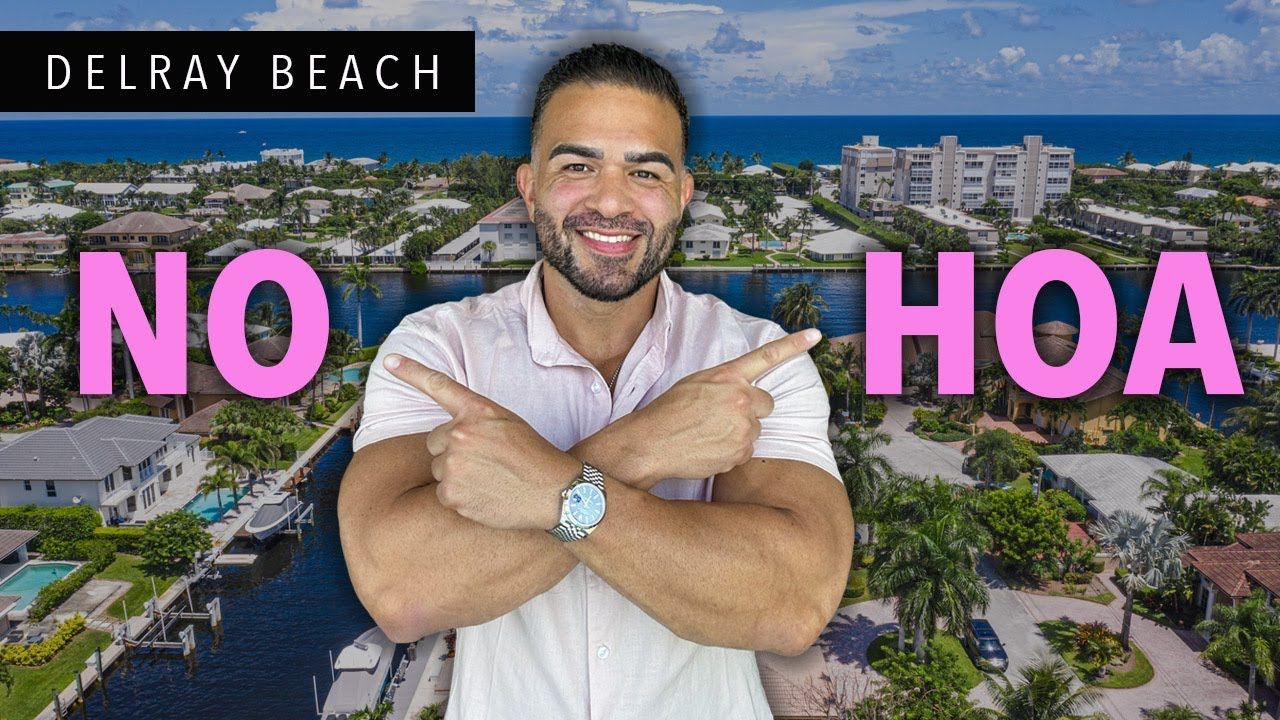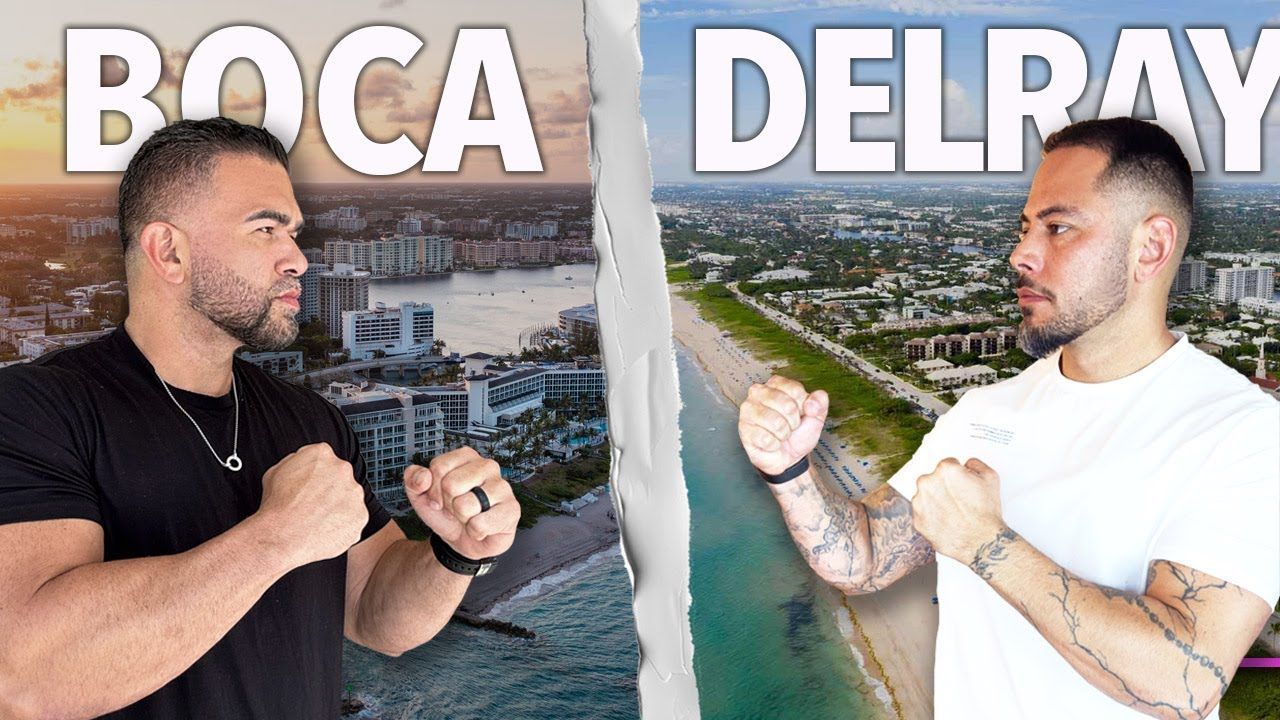Is Living in Florida Safe? Gator Attacks!
Table of Contents
- Introduction
- Do Not Feed The Alligators
- Avoid Bodies of Water Where Alligators Live
- Stay Alert and Keep a Safe Distance
- Seek Help
- Which Parts of Florida Have the Most Alligator Attacks?
- Is it Legal to Hunt Alligators in the State of Florida?
- 5 Quick Facts You May Not Know About Florida Alligators
- Final Thoughts
- FAQ
Introduction
An alligator attack on an 85 year old woman in Fort Pierce recently made headlines and left a lot of people asking the same question: is it still safe to move to Florida? The short answer is yes, but with some important caveats. Alligators are a normal and significant part of Florida's ecosystem. Knowing how to live with them and where to be extra careful will keep you, your family, and your pets safer.
Do Not Feed The Alligators
One of the single biggest contributors to dangerous interactions is people feeding alligators. Feeding causes gators to lose their natural fear of humans and associate people with food, which increases the likelihood of attacks.
Feeding wild alligators has been illegal in Florida since 1987. It is classified as a second degree misdemeanor. Violators can face fines up to $500 and up to 60 days in jail. So please, do not feed them your leftovers.
Avoid Bodies of Water Where Alligators Live
Alligators inhabit lakes, canals, ponds, marshes, and many other bodies of water across the state. The rule of thumb for newcomers is simple: avoid swimming, wading, or letting pets enter waters where alligators might be present—even if there are no signs.
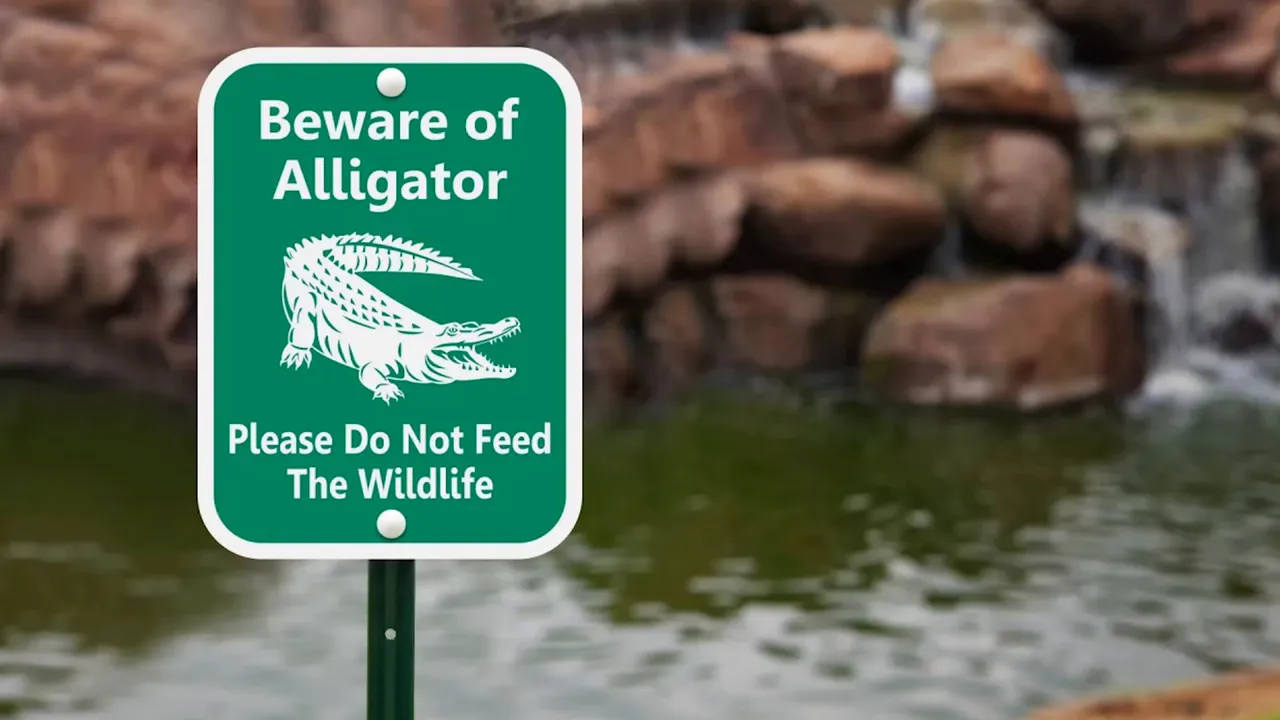
Treat unfamiliar waterways the same way you treat the ocean for shark safety. Alligators can hold their breath up to two hours underwater, so just because you do not see one, it does not mean one is not nearby.
Watch for vegetation and cover. Alligators love hiding around cattails, sawgrass, and water lilies. If plants are rustling or you see overhanging branches, logs, or debris, give the area a wide berth.
Stay Alert and Keep a Safe Distance
Alligators generally avoid humans, but they can be deceptively fast and often ambush prey near the water's edge. They can lunge in a split second and reach speeds up to 20 miles per hour for short bursts.
If an alligator approaches you on land, the recommended response is to back away slowly while keeping your eyes on the animal. Do not turn your back or run immediately, as that can trigger a chase response.
What to do if an alligator starts chasing you
- Run in a straight line away from the alligator. They tire quickly and cannot sustain top speed for long.
- Run toward a building or structure if one is nearby for safety.
- Climb higher. Alligators rarely climb trees, so higher elevation can help.
- Use available objects to defend yourself if attacked. Aim for the eyes, nose, and throat.
- If an alligator has you in its grip, play dead. Many experts report gators will release prey that stops struggling.
Seek Help
If you encounter a dangerous or nuisance alligator, reach out to the professionals. The right contacts depend on where you are:
- Wildlife officers handle identification, management, and control of wildlife and work for state agencies.
- Park rangers assist within state and national parks and can give safety advice and coordinate responses.
- Community security personnel or local authorities can help if you find a gator in a neighborhood that is not a park.
Which Parts of Florida Have the Most Alligator Attacks?
According to the Florida Fish and Wildlife Conservation Commission, the counties with the most reported alligator attacks are:
- Orange County
- Polk County
- Lee County
- Collier County
- Brevard County
That does not mean attacks cannot happen elsewhere. Some Gulf Coast cities have frequent alligator sightings including Naples, Marco Island, Cape Coral, and Bonita Springs.
If you plan to visit the Everglades National Park, expect to see many alligators. Guided airboat, kayak, and walking tours are available and a safe way to experience the ecosystem—choose reputable operators and follow safety guidance.

Is it Legal to Hunt Alligators in the State of Florida?
Yes, alligator hunting is legal in Florida but tightly regulated by the Florida Fish and Wildlife Conservation Commission. Hunters must:
- Apply for and win a permit through a lottery system.
- Follow designated seasons and quotas. Seasons generally run from August to November but vary by location and hunt type.
- Use specialized equipment and methods as required by the FWC.
- Tag and report all harvested alligators to the FWC.
If you are considering hunting, review FWC regulations carefully and prepare for strict reporting and safety requirements.
5 Quick Facts You May Not Know About Florida Alligators
- Alligators are expert engineers. They build ponds and canals that help manage water levels in their habitats.
- They can survive for months without food. A slow metabolism lets them conserve energy for long periods.
- Alligators are not great multitaskers. Research shows they often must stop to breathe, so walking and breathing simultaneously is difficult.
- They have a surprising sweet tooth. Alligators have been known to raid beehives for honey and enjoy watermelon.
- Their mating call is unforgettable. It sounds like a mix of a rumbling motorcycle and a chainsaw—an alligator looking for love.
Final Thoughts
Florida is still a great place to live. Alligators are part of the landscape and the ecosystem. Serious alligator attacks are uncommon—on average about three serious attacks per year and about eight unprovoked bites annually —but the risk exists. Knowing the rules and following simple precautions will dramatically reduce your chances of an encounter turning dangerous.
- Do not feed wild alligators.
- Avoid swimming or letting pets near freshwater bodies that may host alligators.
- Stay alert near water edges and vegetation.
- Call wildlife professionals or park officials if you see a problematic alligator.

FAQ
Are alligator attacks common in Florida?
Major alligator attacks are uncommon. Florida averages about three serious attacks and eight unprovoked bites on humans per year. Most gators avoid humans, but risk increases when people feed or approach them.
What should I do if I see an alligator in my neighborhood?
If an alligator seems aggressive or is in a residential area where it poses a threat, contact your local wildlife agency or community security. Do not attempt to feed, harass, or capture the animal yourself.
Is it illegal to feed alligators?
Yes. Feeding wild alligators has been illegal in Florida since 1987. It is a second degree misdemeanor and can carry fines up to $500 and up to 60 days in jail.
Which areas of Florida have the most alligator attacks?
Data from the Florida Fish and Wildlife Conservation Commission shows Orange County and Polk County have had the highest number of reported attacks, followed by Lee, Collier, and Brevard counties. Coastal cities like Naples, Marco Island, Cape Coral, and Bonita Springs also report frequent sightings.
Can I hunt alligators in Florida?
Yes, but hunting is strictly regulated. Hunters must apply for permits through a lottery system, follow designated seasons and quotas (typically August to November), use approved methods and equipment, and tag and report harvested alligators to the FWC.
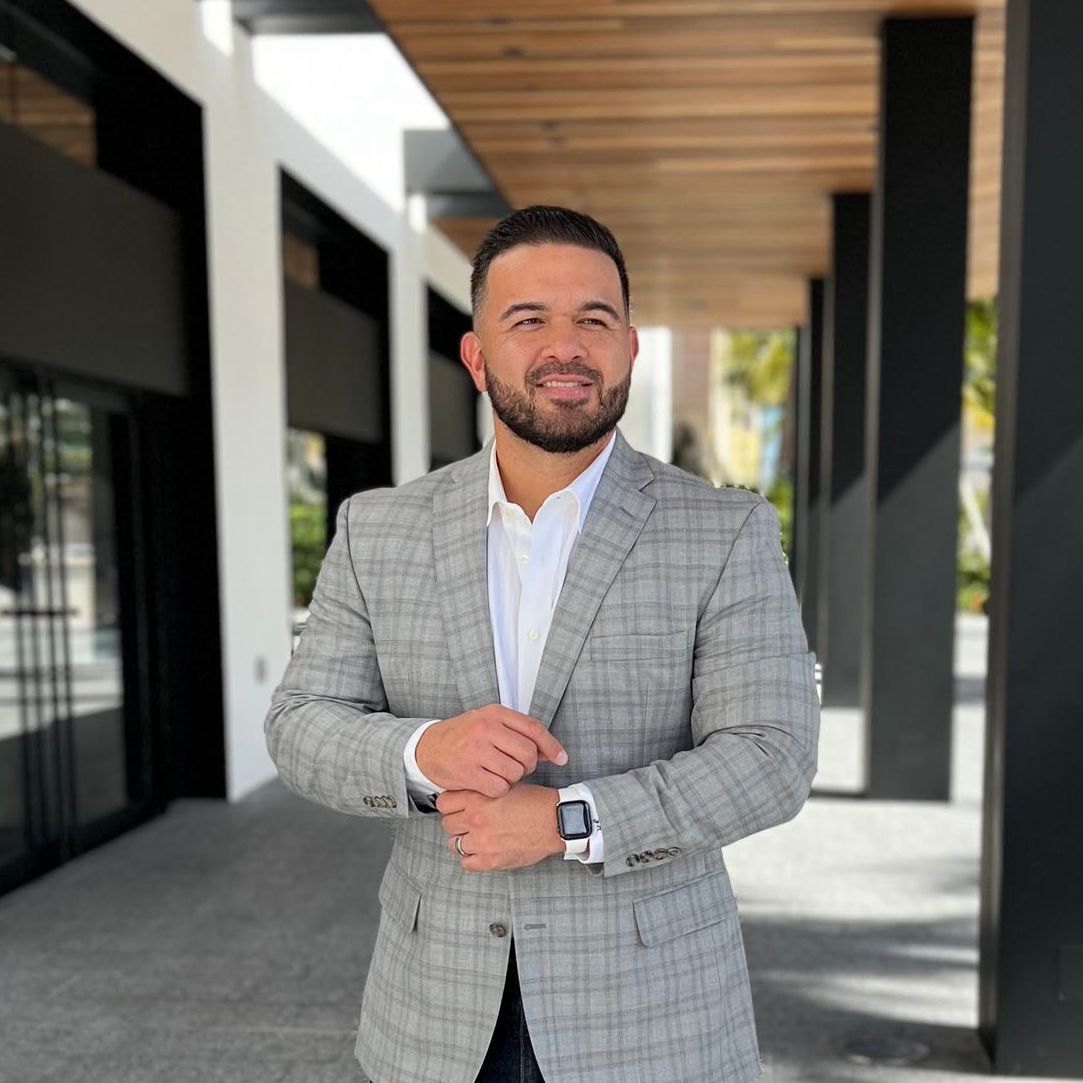
Jonathan Alexander creates educational YouTube content to guide potential buyers through the process of relocating to South Florida, offering insights on the best places to live and what to expect. As a seasoned Realtor®, he combines his expertise with a passion for helping clients make informed real estate decisions.








